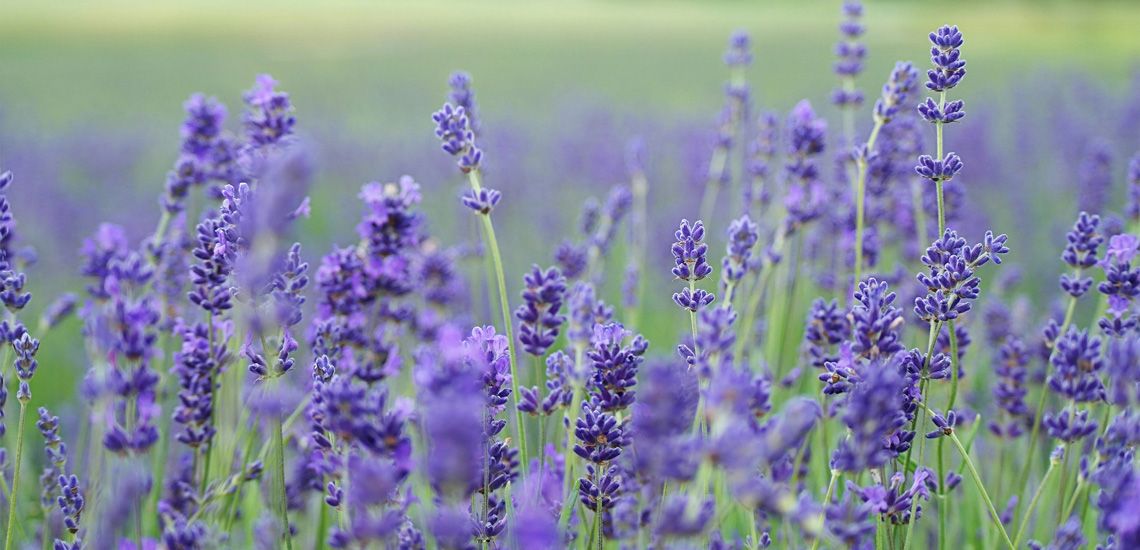Lavender

The origin of lavender can be traced back to the Mediterranean region, where it has been cultivated and used for thousands of years. Its is believed to have originated in the mountainous regions of the Mediterranean, possibly in Spain, France, Italy, or Greece.

Lavender has a rich history intertwined with various cultures and civilizations. Ancient Egyptians used lavender in embalming and perfumery, while the ancient Greeks and Romans valued it for its aromatic properties and therapeutic benefits. In medieval Europe, lavender was grown in monastery gardens and used for medicinal purposes, as well as for its fragrance in sachets and potpourris to ward off pests and purify the air.
Over time, lavender cultivation spread beyond its native Mediterranean region to other parts of Europe and eventually to other continents through trade and exploration. Today, lavender is grown in many countries around the world, with major producers including France, Bulgaria, Spain, and the United States.
The popularity of lavender continues to endure due to its versatile uses in aromatherapy, herbal medicine, culinary arts, and cosmetics, making it a beloved plant with a fascinating history.
Today, lavender is widely used in various applications, including:
The Easter Bunny is often associated with the arrival of Easter and symbolizes various themes including:
- Aromatherapy: Lavender essential oil is popular in aromatherapy for its calming and soothing effects. It's used in diffusers, massage oils, and bath products to promote relaxation and alleviate stress and anxiety.
- Skincare: Lavender is a common ingredient in skincare products such as soaps, lotions, and creams due to its antiseptic and anti-inflammatory properties. It's used to soothe and heal minor skin irritations, acne, and burns.
- Sleep Aid: Lavender is often used as a natural sleep aid. Spraying lavender mist on pillows or using lavender sachets in the bedroom can promote better sleep and relieve insomnia.
- Culinary Uses: Culinary-grade lavender is used to flavor various dishes and beverages. It adds a subtle floral note to desserts, baked goods, teas, and cocktails. Lavender-infused honey is also popular.
- Medicinal Purposes: Lavender has been used traditionally in herbal medicine to treat various ailments, including headaches, digestive issues, and respiratory problems. While more research is needed, lavender supplements and teas are still used for their potential health benefits.
- Insect Repellent: The scent of lavender is known to repel insects such as mosquitoes, moths, and fleas. Lavender sachets or essential oil can be used to deter pests in closets, drawers, and outdoor areas.
- Home Fragrance: Lavender is commonly used as a natural air freshener. Lavender-scented candles, potpourri, and room sprays are popular choices for creating a pleasant and relaxing atmosphere in homes and offices.
Overall, lavender continues to be valued for its versatile uses and pleasant fragrance in various aspects of daily life.















